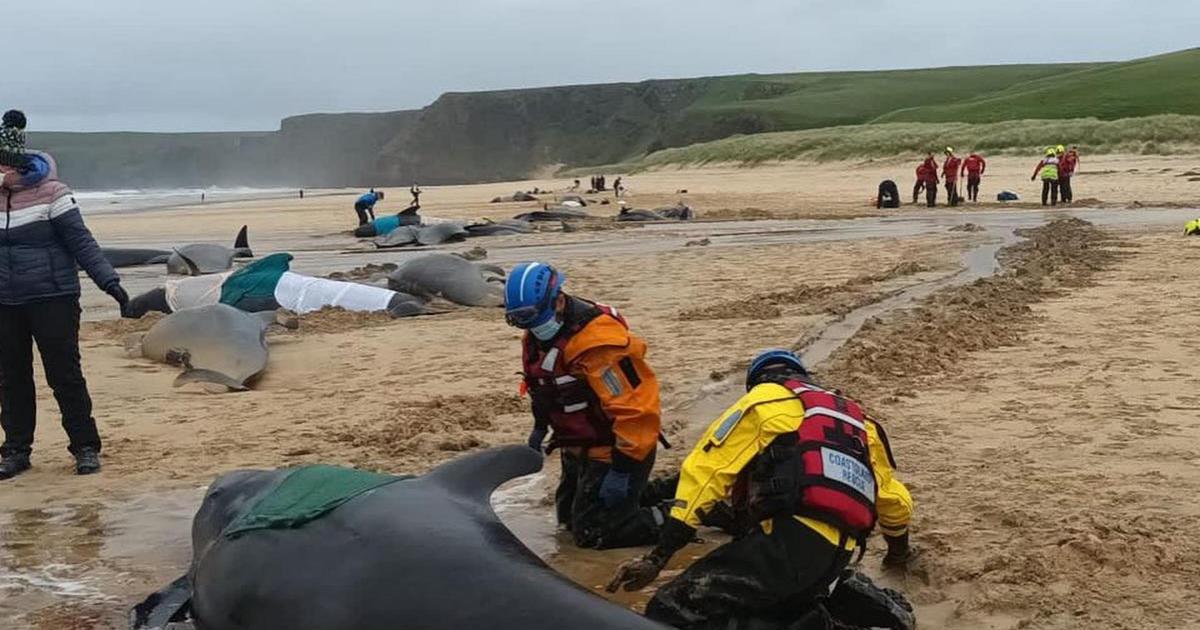
Orkney Council Takes a Historic Step
In a groundbreaking move for environmental conservation, Orkney Council is developing Scotland’s very first dedicated whale stranding protocol. This initiative aims to establish a systematic response plan for the beaching of marine mammals, ensuring that the region is equipped to handle such events responsibly and effectively.
Response to Recent Mass Strandings
The need for this protocol has become evident following multiple significant whale strandings in recent years. Noteworthy incidents include a tragic event where 77 whales stranded at Tresness in July 2024, and another involving 23 whales at Roos earlier this month. Small-scale strandings have also been reported on North Ronaldsay and Papa Westray.
Collaborative Effort from Various Organizations
This protocol is a result of collaborative efforts by a myriad of organizations, including NatureScot, SEPA, and the British Divers Marine Life Rescue (BDMLR), among others. Representatives from local communities, elected officials, and health authorities like NHS Orkney have also contributed invaluable input to ensure a comprehensive plan.
Community-Driven Initiative
Hayley Green, Corporate Director for Infrastructure and Organisational Development at Orkney Islands Council, emphasized the community-driven nature of the protocol. She stated, “This initiative reflects both our recent experiences and long-standing community involvement. Each stranding presents unique challenges, and we aim to learn and adapt continuously.”
Streamlining Future Responses
The newly established protocol will streamline procedures for dealing with strandings, providing clear roles for involved agencies and outlining decision-making processes regarding whale disposal. For example, in the Tresness incident, animals were buried inland, while authorities opted for natural decomposition at Roos. Tom Hadley, the Orkney Area Coordinator for BDMLR, stressed the necessity for a coordinated response, particularly given the unique geographical challenges of the archipelago.
Conclusion
As communities rally together to protect marine life, this protocol marks a significant advancement in environmental stewardship in Scotland. By formalizing the response to whale strandings, Orkney Council is not only safeguarding marine animals but also contributing to the resilience of local ecosystems.
For those passionate about marine conservation, consider supporting organizations like the British Divers Marine Life Rescue. They provide valuable training and resources for volunteers and can use donations to enhance their rescue efforts. You can donate through their website.



